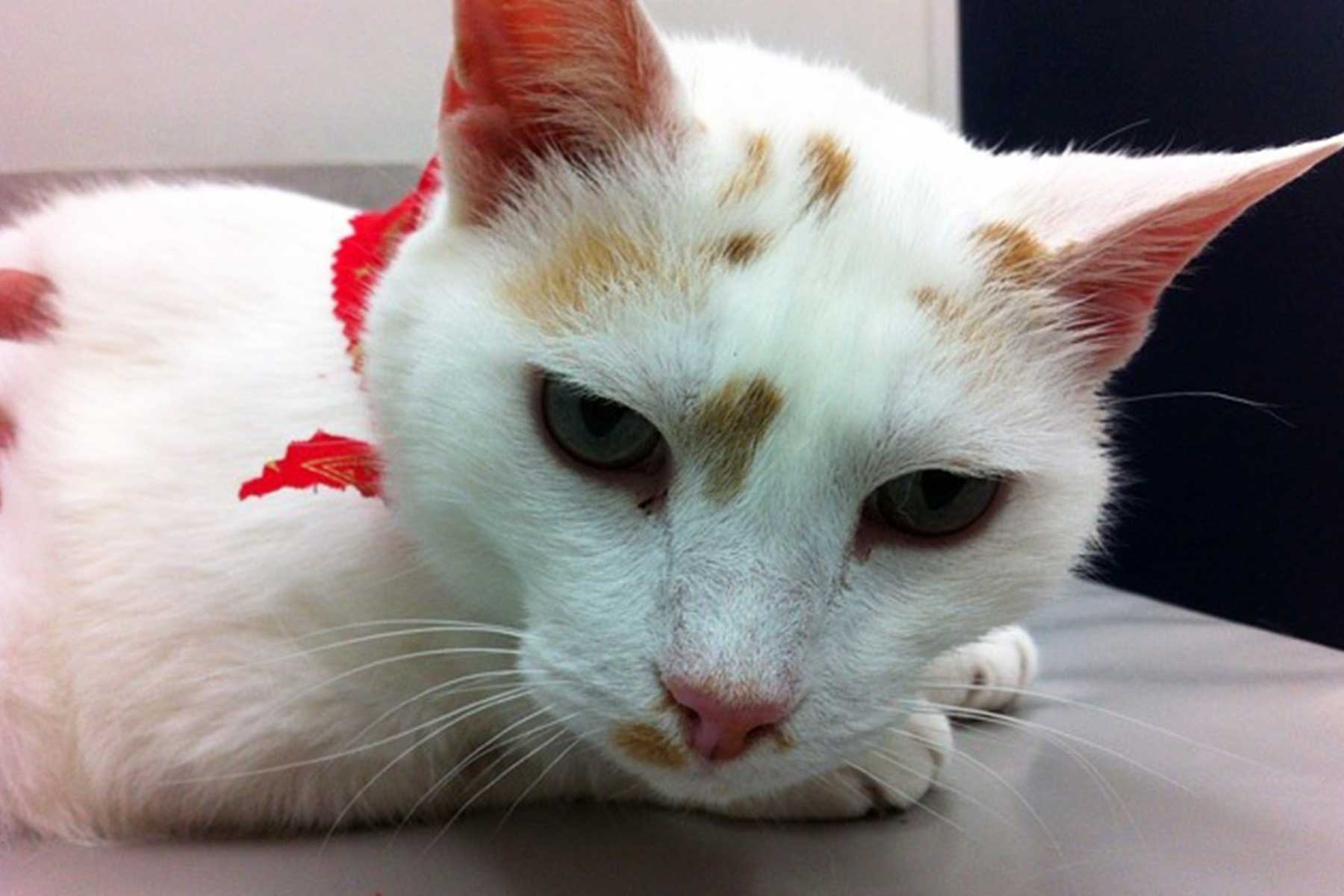Having a pet with Epilepsy can be very scary, but it doesn’t have to be! Seeing your beloved pet having a seizure for the first time can be very traumatic, but there are ways we can make recurrences smoother for them and for you.
Seizures can be caused by many different disease processes but from my personal experience with my own Dog, Sprocket, I have found one of the most frustrating to be idiopathic epilepsy.
Idiopathic means no known cause – we do not know what causes these pets to have seizures and what can be a very expensive and very frustrating investigation period usually follows. Epilepsy typically occurs in dogs between one and five years of age, however there are exceptions to the rule and Border Collies in particular are one breed who are prone to this particular disease.
Sprocket is my eight year old Border Collie that was diagnosed with idiopathic epilepsy two years ago (when he was six years of age which is outside the normal time frame). Border Collies in particular can be very difficult to treat as they often respond to epileptic medications differently.
Common types of epileptic medications are Phenomav, Epibrom and the newer drug Pexion. Pets with epilepsy will often need at least one, or a combination of these drugs to control their seizures for the duration of their life. Sprocket is on all three of these medications; he is a very special boy!
So how do we deal with epilepsy as owners?
In my experience the key with epilepsy is to be patient and to be prepared. Epilepsy can take a while to be diagnosed; depending on the situation and the severity of the seizures your vet may want to run blood tests, have a CT or MRI scan done or even a spinal tap. These procedures help to eliminate causes such as tumours (cancer), other masses and inflammatory/infectious causes. If the tests come back clear it is likely that your pet has idiopathic epilepsy. Sprocket ended up having multiple blood tests, a CT scan and a spinal tap with the results all coming back clear. Now while this was initially frustrating (these tests aren’t cheap), I was glad that my baby boy did not have something more sinister.
What now? How do we manage idiopathic epilepsy?
It is managed through lifelong medications and blood monitoring. Depending on the type of medication your vet chooses, your pet may require a Phenobarbitone (active ingredient in Phenomav) or Potassiam Bromide (active ingredient in Epibrom) blood test every six months to check the levels of the drug in your pet’s system. They may also require liver enzyme blood tests every six months as some drugs can affect the way the liver functions.
Something that I find helps with Sprocket is to have an emergency seizure box and a weekly pill box. His emergency seizure box contains Valium (a drug often given rectally during a seizure to stop it), syringes to administer the Valium and emergency contact numbers of 24 hour clinics available if anything goes wrong. It gives me piece of mind knowing that everything I need is all in once place. Sprocket also has a pill box to set out his medications for the week (seeing as he is on so many). It helps me keep track of when I will run out and how much to give. If multiple people in the house are medicating your pet it also helps you know if the medication has been given already or not, preventing “double dosing”.
The trick with epilepsy is understanding that treatment is quite a big commitment and you need to be prepared for ongoing tests/medications and costs associated with this, which can be quite stressful. Constant vet visits, expenses and seeing our pets have seizures takes its toll on us. If you feel that it is all getting a bit overwhelming and need someone to talk to, please do not hesitate to call one of our practices. We understand what you are going through and are here to help!











